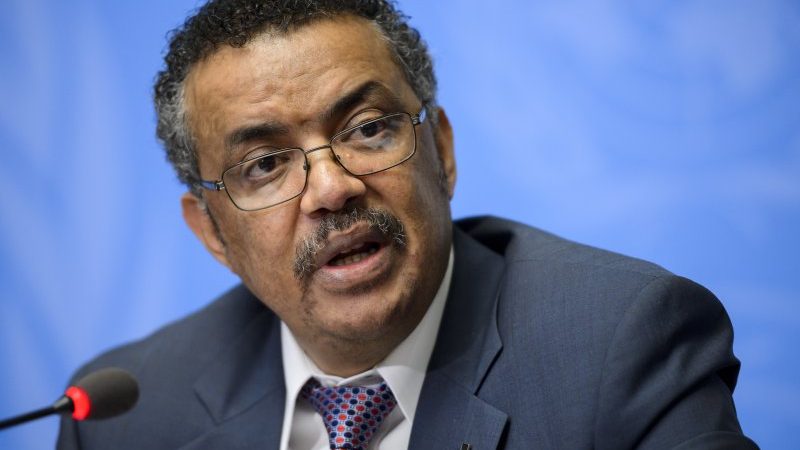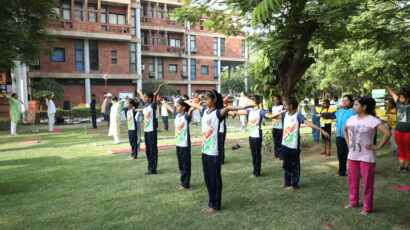coronavirus pandemic: the worst is not over, WHO chief warns again

In a recently held press meet the World Health Organisation (WHO) Director-General Tedros Adhanom Ghebreyesus said that the global health agency is deeply worried about the implications of the pandemic on the health of the public especially for children. “Children may be at relatively low risk from severe disease and death from COVID-19, but can be at high risk from other diseases that can be prevented with vaccines,” Tedros told reporters in Geneva.
According to Tedros, WHO is concerned about the increasing cases in Africa, Eastern Europe, Latin America, and some Asian countries, where he feels that cases and deaths are being underreported because of low testing capacity. “We are continuing to support these countries with technical assistance through our regional and country offices, and with supplies through Solidarity Flights. In the past week, we have delivered supplies to more than 40 countries in Africa, and more are planned,” Tedros said.
Tedros also emphasized the WHO’s efforts such as shipping of millions of items of personal protective equipment to 105 countries and supplying of lab to more than 127 countries. He also said that the agency will ship millions more in the coming weeks. Tedros also thanked China, Portugal, and Vietnam for their recent contributions to WHO’s Strategic Preparedness and Response Plan.
Tedroas repeated that the fight against coronavirus could only be won through unity and solidarity at the national as well as global level. “If we’re not united the virus will exploit the gaps between us and create havoc. Lives will be lost. National unity is the foundation for global solidarity. Solidarity, solidarity, solidarity – that’s what we will say every single day,” Tedros added.
WHO chief had warned earlier that it was not possible at that moment to conclude that menaces posed by the coronavirus out break was ceasing, on the other hand the worst has yet to come.WHO chief’s statement had come amidst the apprehension that after relaxing the lockdown there may be reckless gathering of the public and precautions taken so far in curbing the coronavirus spread would be wasted. It has been reported that many countries may have started relaxing the lockdown after different sectors of the community have made the call to remove restrictions in the wake of economic slowdown.
“Trust us. The worst is yet ahead of us,” Tedros said. “Let’s prevent this tragedy. It’s a virus that many people still don’t understand.”
However Tedros did not clarify the reason for his statement.
Referring the Spanish flu in 1918 Tedros also said ““It has a very dangerous combination and this is happening in hundred years for the first time again, like the 1918 flu that killed up to 100 million people,” he told reporters in Geneva. “But now we have technology, we can prevent that disaster; we can prevent that kind of crisis.”
Earlier, Articles published by various experts on different portals had warned that the impact of the coronavirus crisis might linger till 2022. In one of such articles published by Bloomberg News, Harvard researchers alerted that some sort of social distancing against COVID-19 may be needed even in 2022.
One-time social distancing would not be effective and may not make any considerable change in the severity of the impact of the disease writes Marc Lipsitch and colleagues from the Harvard TH Chan School of Public Health in Science. In fact, there are chances of resurgence of the disease more worryingly as SARS-CoV-2 could revive through 2024.















